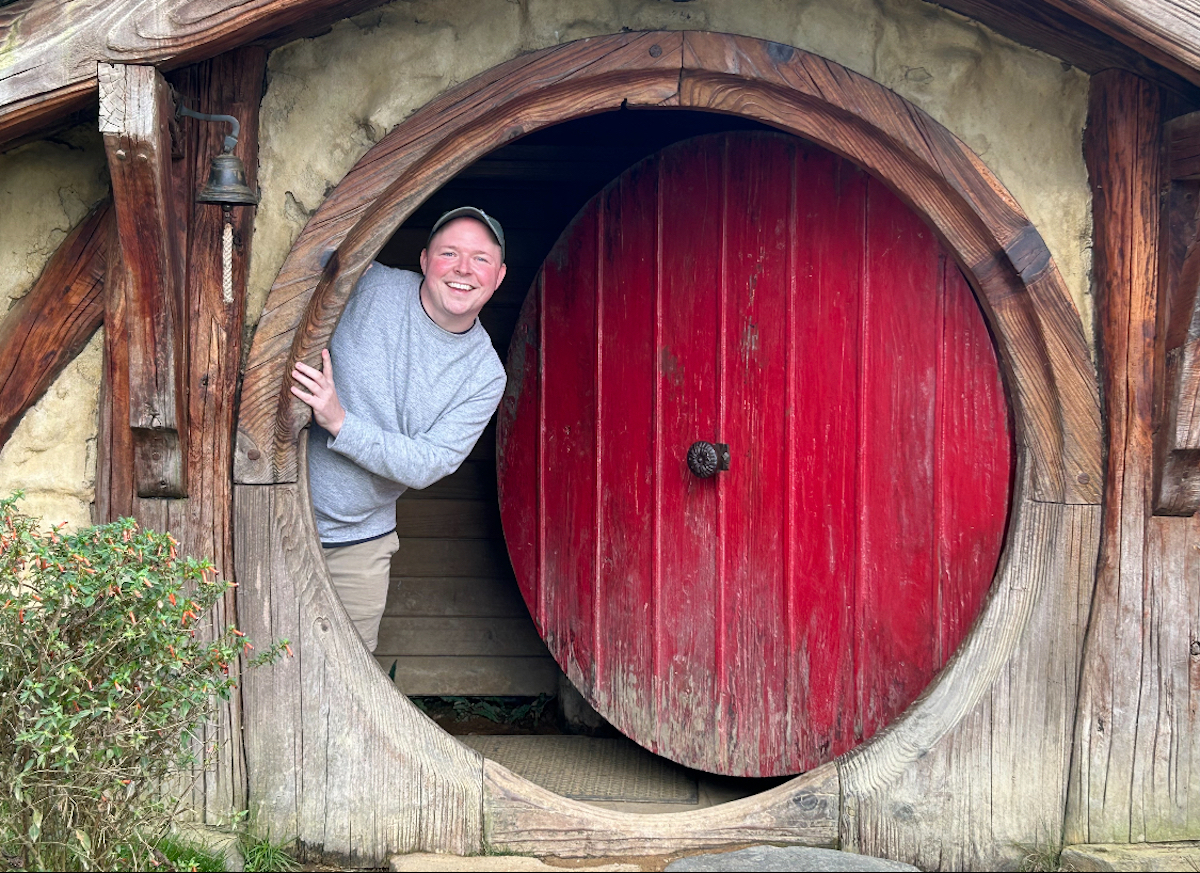The U.S. Constitution is a document that guarantees its citizens have certain basic rights, and it established our democratic government and fundamental laws.
Throughout the summer of 1787, the framers of the constitution, or delegates, debated our nation’s new form of government.
Their final plan established three branches of national government: executive, legislative and judicial. To ensure that no single branch would have too much authority, a system of checks and balances was developed.
On Sept. 17, 1787, the Constitution was signed by 39 delegates before the ratification process began, the first signature belonging to George Washington. Now, National Constitution Week is celebrated annually during the week of Sept. 17-23 to commemorate this historical moment.
The idea for this week-long, national celebration was first proposed by the Daughters of the American Revolution (DAR) in 1955, and it was eventually signed into public law by President Dwight D. Eisenhower in 1956.
According to the DAR, the purpose of this week is to “emphasize citizens’ responsibilities for protecting and defending the Constitution, inform people that the Constitution is the basis for America’s great heritage … and to encourage the study of the historical events which led to the framing of the Constitution.”
Eric Kasper is a political science professor at UW-Eau Claire and the director of the Menard Center for Constitutional Studies.
According to Kasper, federal law has required that every federally-funded education institution provides a program each year to honor the document on Sept. 17. The Menard Center holds annual programs with speakers and events to educate students.
“It would behoove every student to learn what the Constitution says about certain matters so they can better judge if the government is acting constitutionally,” Kasper said. “The students of today will be the leaders of tomorrow, so they should be aware of what the constitution requires, permits and prohibits.”
David McKay is a senior history lecturer at UW-Whitewater. McKay said that reading the constitution, understanding it and starting a national discussion of its intent and its adaptation over time is an ideal way of celebrating it.
“Understand that it was the best the founders could do at the time and they knew that it would have to be changed as the nation changed,” McKay said. “That’s why they included an amendment process.”
On Sept. 16, the White House published a proclamation from President Joe Biden regarding Constitution Week, Constitution Day and Citizenship Day. The document discusses the importance of protecting citizens’ rights, including voting rights and women’s reproductive freedom.
“Vice President Harris and I continue to call on Congress to pass the Freedom to Vote Act and the John Lewis Voting Rights Advancement Act to expand voting rights and prevent voter suppression,” Biden said. “We will continue to work to protect women’s reproductive freedoms and their constitutional right to choose.”
The proclamation also acknowledges Citizenship Day, which is celebrated along with Constitution Day on Sept. 17 every year.
According to the U.S. Citizenship and Immigration Services, over 400 naturalization ceremonies took place nationwide during Constitution Week this year, during which more than 17,000 new citizens were recognized and welcomed.
“From those who were born in this country to our naturalized citizens, America remains a great country because we are a good people,” Biden said. “May we welcome our Nation’s newest citizens, whose stories embody the hope of the American Dream and whose contributions strengthen our country.”
According to Kasper, the Menards Center provides free pocket copies of the constitution. Students can pick them up in Hibbard Humanities Hall 411 by speaking with Philip Rechek, the coordinator of the Menards Center.
McKay says it is important for students to be knowledgeable of the constitution. He quoted former Texas Governor Ann Richards, who said, “When you’re not at the table, you’re on the menu.”
“Knowing what the government can and cannot do, knowing what rights you have as an American citizen, or simply as a resident of the United States, being able to defend those rights — all are necessary to keep you at the table and off the menu,” McKay said.
Matczak can be reached at matczaij9603@uwec.edu.








